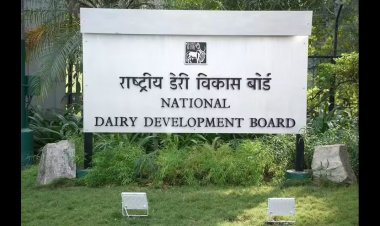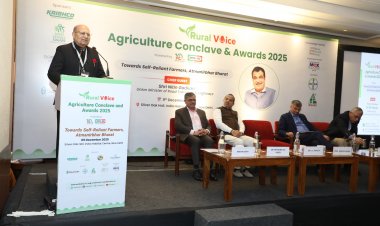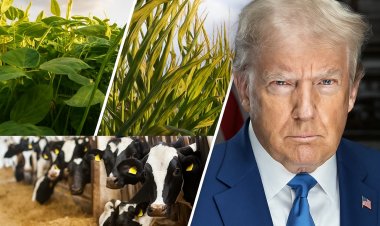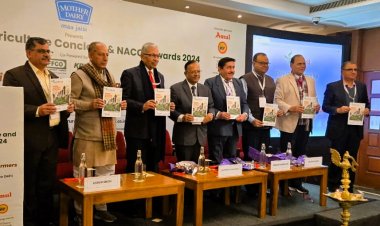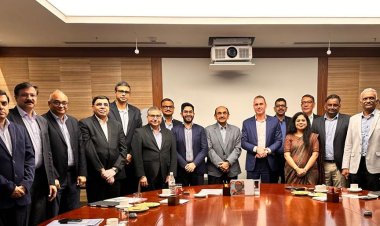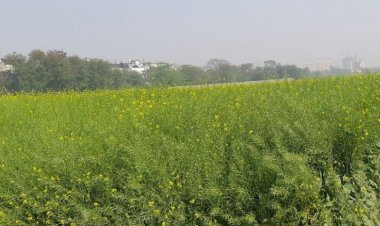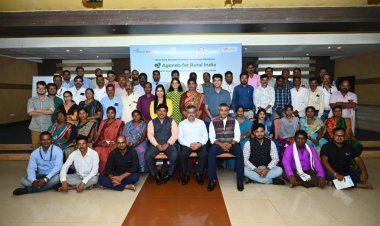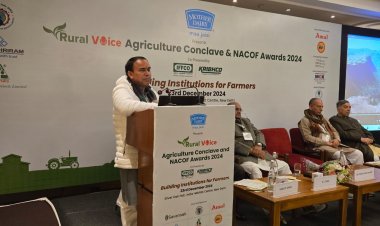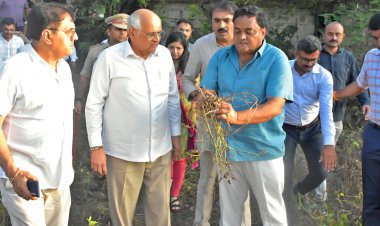Shifting to plant-based foods can reverse climate catastrophe
A plant-based diet offers several advantages, prominent being lowering the risk of serious illnesses like diabetes and irritable bowel syndrome. Moreover, animal agriculture with its consumption of more resources is an ineffective way of feeding the population.
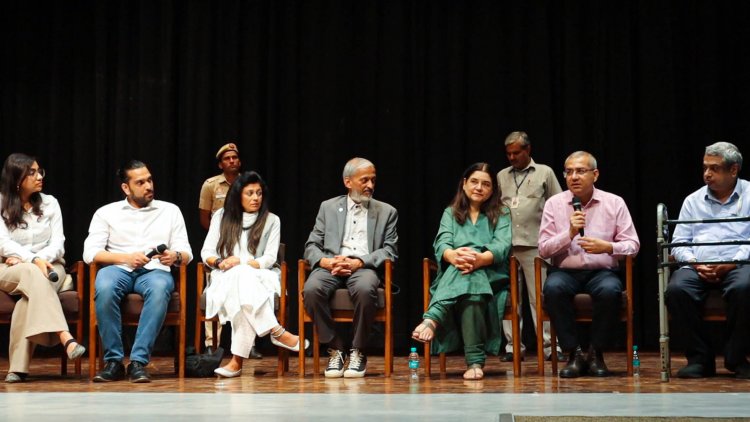
New Delhi
The Plant Based Foods Industry Association (PBFIA) co-organized a panel discussion on “Plant-Based Foods Ecosystem” during the screening of an educational movie The Land of Ahimsa at the Indian Institute of Technology (IIT) Delhi recently with Climate Healers, Federation of Indian Animal Protection Organizations (FIAPO), NSS IIT Delhi and Pareen Plant Based Living.
The heart-wrenching documentary was an eye-opener as to how a plant-forward diet can cleanse your body from the animals' stress hormones due to unethical practices in animal agriculture worldwide. In contrast, a plant-based diet offers several advantages, prominent being lowering the risk of serious illnesses like diabetes and irritable bowel syndrome. Moreover, animal agriculture with its consumption of more resources is an ineffective way of feeding the population.
Sharing his views on the subject, Sanjay Sethi, Executive Director, PBFIA, pointed out, “Alternative protein is becoming a reality as young entrepreneurs want to leverage the opportunity to popularize products like tempeh, hemp-protein, oats-based products and so on. Indian farmers have a chance to increase their income by exporting plant protein isolates and concentrates. Our healthcare professionals and nutritionists have started recognizing food as a medicine.”
Currently, the size of the plant-based foods market in India is about Rs 2000cr and it is expected to rise to Rs 40,000cr in the next decade. Big companies like Tata and ITC have inflected the plant-based food industry with revolutionary products including dairy alternatives, nuggets, cheese, and others such as keema, burgers, patties, egg alternatives and kebabs. With more projects like the PBFIA’s India’s First Plant Protein Cluster, India can leverage its native crops of legumes, millets and cereals to feed the world.
Through PBFIA, the aim would be to determine what must be done for the plant-based foods industry and find ways to achieve it most effectively while providing support in the workstreams of policy advocacy, innovation, investment, and supply chain.
Eminent panelists Maneka Gandhi, Member of Lok Sabha; Sanjay Sethi, Executive Director, PBFIA; VK Vidyarthi, General Manager, APEDA; Dr Sailesh Rao, Founder, Climate Healers Organization; movie director Dolly Vyas; Gaurav Sharma, Founder & CEO, GREENEST; and Pareen Sachdeva, India Lead at Climate Healers graced the occasion and shared their thoughts on the subject.
PBFIA is a CEO-led body formed to support and help develop the nascent plant-based food ecosystem in India. It is headquartered in Gurugram.



 Join the RuralVoice whatsapp group
Join the RuralVoice whatsapp group


















